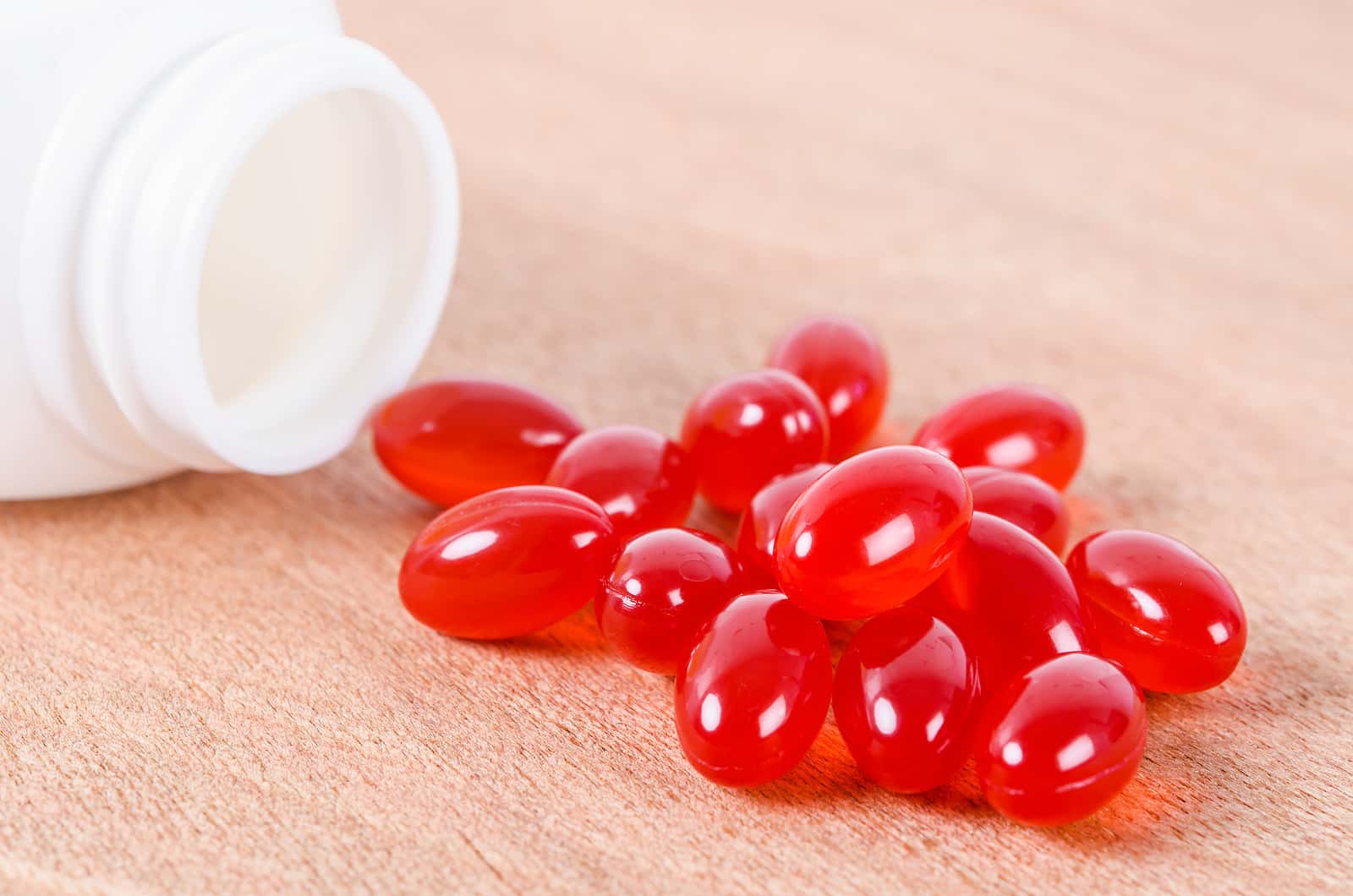
Doctors prescribe the cholesterol-lowering drugs called statins as an essential step in treating heart disease. Many physicians also prescribe them for prevention. While many people take these medicines without experiencing troublesome side effects, some suffer. In these polarized times, both doctors and patients may dispute the causes and the importance of such reactions. One potential explanation that some experts have offered is the possibility that statins lower CoQ10 levels. Readers may wonder about the significance of that.
Do Statins Lower CoQ10 Levels?
Q. I read that taking drugs like simvastatin can reduce my levels of CoQ10. What is that? Do I need it? Can I supplement it with something in my diet?
A. Your body makes Coenzyme Q10 (CoQ10). In particular, this natural substance is essential for the proper functioning of mitochondria, the power factories of every cell in the body.
Statins interfere with the production of CoQ10. This has led many clinicians to speculate that depletion of this compound might be responsible for statin-associated myalgia (SAM). It is characterized by muscle pain, weakness and cramps.
Can CoQ10 Supplements Increase Levels and Reverse Muscle Pain?
Some people have found that CoQ10 supplements made them feel better. (See our reader’s story, below.) Sadly, though, studies have not demonstrated that supplements of CoQ10 can counteract this complication of statins (American Journal of Health System Pharmacy, June 1, 2017).
CoQ10 does appear safe, except for people taking the anticoagulant warfarin. This supplement has been shown to be helpful for people with heart failure (Cardiology Journal, March 5, 2019).
CoQ10 is available in the diet. The foods that supply the most are meat, fish and poultry, but oils from soybeans, corn and olives also provide it, as do seeds and nuts.
Should You Take CoQ10 with Your Statin?
Q. My cardiologist has insisted that I need a statin to control my LDL cholesterol. I am concerned that this drug will interfere with CoQ10 production.
My understanding is that European doctors often prescribe coenzyme Q10 along with statins. On the other hand, American doctors are in denial about its importance. My doctor said that there is no evidence that lack of CoQ10 causes any problems. Do you have any data about this supplement?
A. CoQ10 is present in every cell membrane, especially the energy-producing mitochondria. It was first discovered in 1957 and is concentrated in the heart, liver and kidneys.
There is no doubt that cholesterol-lowering statins lower CoQ10 levels (European Journal of Medical Research, Nov. 10, 2018). Doctors have been arguing about the significance of this outcome, however. Many agree with your doctor that it is unimportant.
Data suggest, however, that low levels of CoQ10 can make heart failure worse. Dietary supplementation appears to improve cardiac outcomes (Antioxidants, April 2020). Heart failure symptoms are reduced and quality of life improves for patients taking CoQ10 supplements (Journal of Clinical Medicine, April 27, 2020). There is also evidence that CoQ10 may be helpful in kidney disease and migraine prevention.
One drawback to many dietary supplements is poor absorption. CoQ10 is usually best absorbed when it is taken with a fatty meal.
CoQ10 Supplements Helped Mother’s Muscle Pain:
Q. You recently had a man write in about problems with Lipitor for lowering cholesterol. I’d like to share my personal experience with my 97-year-old mother. She experienced muscle pains on Zocor she was taking for cholesterol control. She discontinued it due to muscle pain and weakness.
After that, she started taking CoQ10. It took about six to eight weeks before she began to get her muscle strength back. It has been a year now and her cholesterol is still normal. Even better, she is very well; she walks wherever she wants to and her arms are as strong as before, with no pain.
A. Statin cholesterol-lowering drugs such as Crestor, Lipitor or Zocor deplete tissues of Coenzyme Q10, a compound that is naturally found throughout the body. Other people have reported that taking supplemental CoQ10 can help counteract some of the muscle pain and weakness that may be associated with these cholesterol-lowering medications. At 97, your mother probably doesn’t need to worry about her cholesterol level.
Citations
- Tan JT & Barry AR, "Coenzyme Q10 supplementation in the management of statin-associated myalgia." American Journal of Health System Pharmacy, June 1, 2017. DOI: 10.2146/ajhp160714
- Mortensen AL et al, "Effect of coenzyme Q10 in Europeans with chronic heart failure: A sub-group analysis of the Q-SYMBIO randomized double-blind trial." Cardiology Journal, March 5, 2019. DOI: 10.5603/CJ.a2019.0022
- Qu H et al, "The effect of statin treatment on circulating coenzyme Q10 concentrations: an updated meta-analysis of randomized controlled trials." European Journal of Medical Research, Nov. 10, 2018. doi: 10.1186/s40001-018-0353-6
- Martelli A et al, "Coenzyme Q10: Clinical applications in cardiovascular diseases." Antioxidants, April 2020. DOI: 10.3390/antiox9040341
- DiLorenzo A et al, "Clinical evidence for Q10 Coenzyme supplementation in heart failure: From energetics to functional improvement." Journal of Clinical Medicine, April 27, 2020. DOI: 10.3390/jcm9051266

